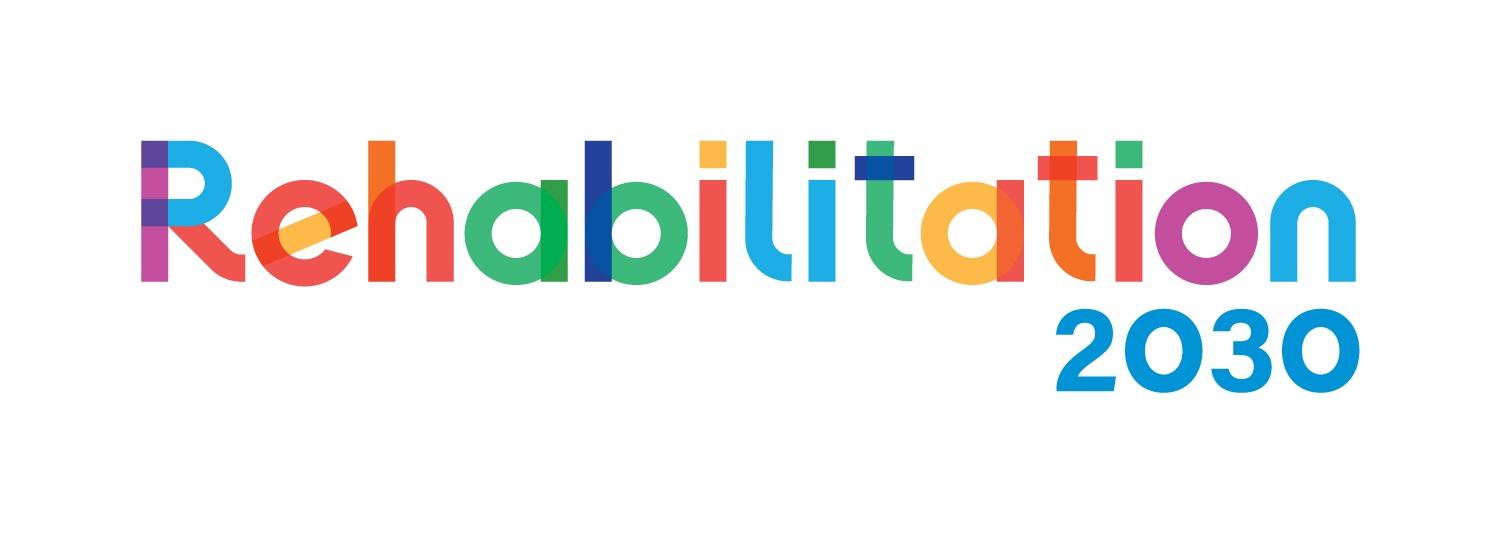Assess

Assessing for the areas of difficulty is the first step in a self-care assessment. It enables the health professional to identify the care modules for providing rehabilitation.
There are three (3) care modules under the self-care rehabilitation pathway:
- Activities of daily living – This module is concerned with the basic or routine activities
performed by individuals on a daily basis in order to take care of themselves
and assist with independent living at home. Activities of daily living are also
referred to as self-care skills.
Examples include bathing and personal hygiene, dressing, feeding, and toileting including bladder and bowel management.
- Instrumental activities of daily living – This module is concerned with activities that are important to
being able to live independently but require more complex organizational and
thinking skills. Instrumental activities of daily living are also referred to
as life skills.
Examples include taking medications, using a telephone, managing personal finances, household chores, and using transportation.
- Community and social engagement – This module is concerned with a person’s participation in the
activities of a community or social group.
Examples include recreation or leisure activities, social participation, and modified sport.
In order to identify the Care Modules, an initial assessment (Assess A) is conducted, which includes asking the following questions:
Activities of Daily Living
Ask the person: “Do you have difficulty bathing and maintaining personal hygiene, dressing, feeding yourself or using the toilet including managing your bowel or bladder?”
If the person answers ‘YES’ to any of the areas, proceed to the Activities of Daily Living module
Instrumental Activities of Daily Living
Ask the person: “Do you have difficulty managing your finances, doing household chores including cooking, cleaning, laundry, using the telephone, or shopping, or taking your medications or using transportation?”
If the person answers ‘YES’ to any of the above, proceed to the Instrumental Activities of Daily Living module
Community and social engagement
Ask the person: “Do you have difficulty engaging in community and social events?”
If the person answers ‘YES’, proceed to the community and social engagements module
![]() Question
Question
Meet Tevita

Tevita is an 85-year-old woman who lives on her own. Tevita is frail and has osteoarthritis of the knees, as well as diabetes for which she takes medications. Tevita’s hands usually shake when she attempts to hold cutlery to eat or a cup to drink, and as a result she often spills her food. Her osteoarthritis makes it difficult for her to stand and take her bath, do house household chores, and move around.
Tevita also easily forgets the things she needs to do and does not remember phone numbers or how to retrieve them on her mobile phone easily. When Tevita decides to go shopping, she sometimes cannot remember what she wants to buy or her destination.
What areas of self-care does Tevita have difficulties with according to the history provided above?
Select all that apply.
- a. Community and Social life
- b. Activities of Daily Living
- c. Instrumental Activities of Daily Living
If you selected b and c, you are correct.
According to the history, Tevita has difficulties with Activities of Daily Living (toileting, household chores, bathing) and Instrumental Activities of Daily Living (shopping, using the telephone)
![]() Dicussion
Dicussion
Based on Tevita’s history, what additional questions might you ask to elicit other difficulties she may have?
